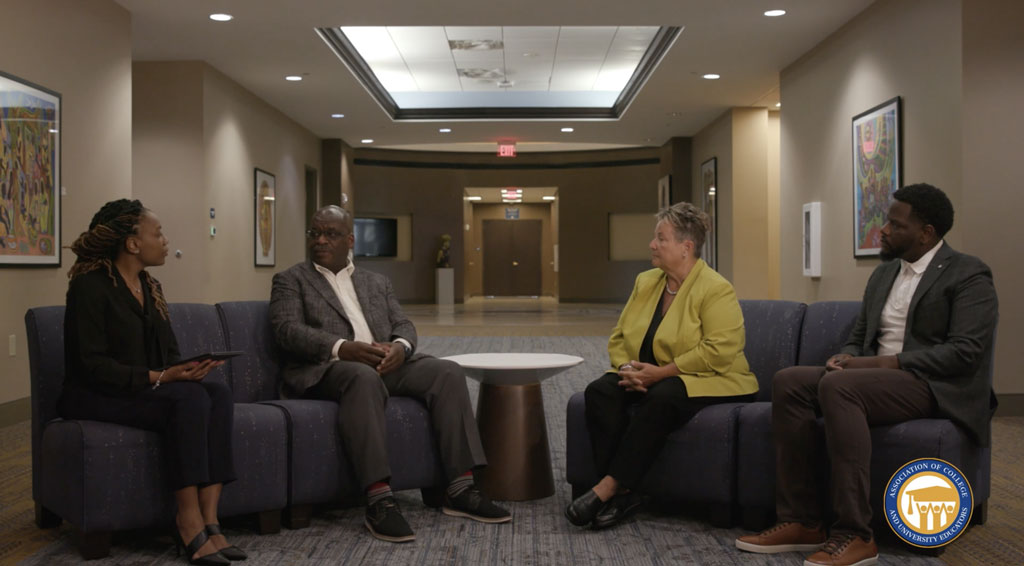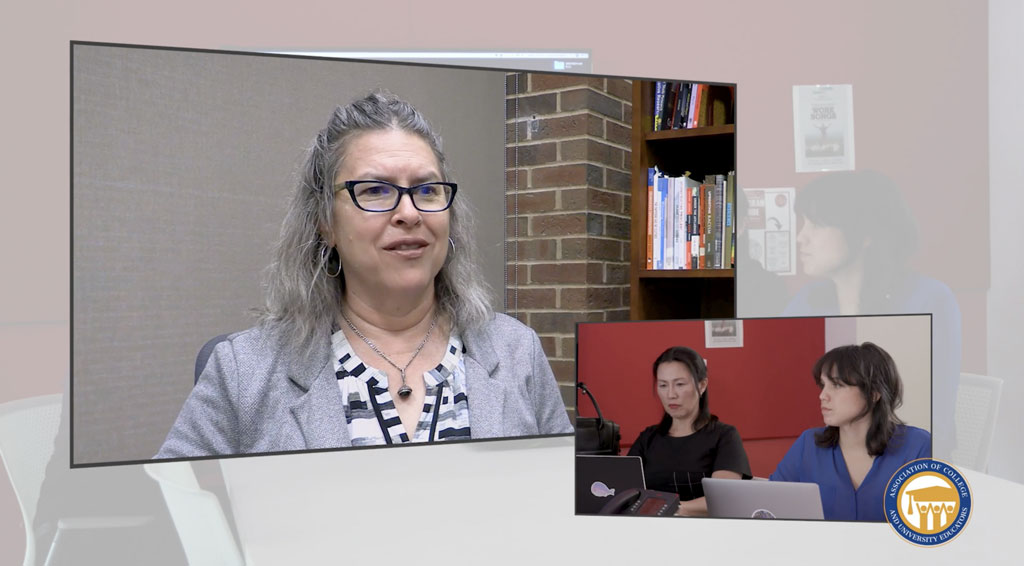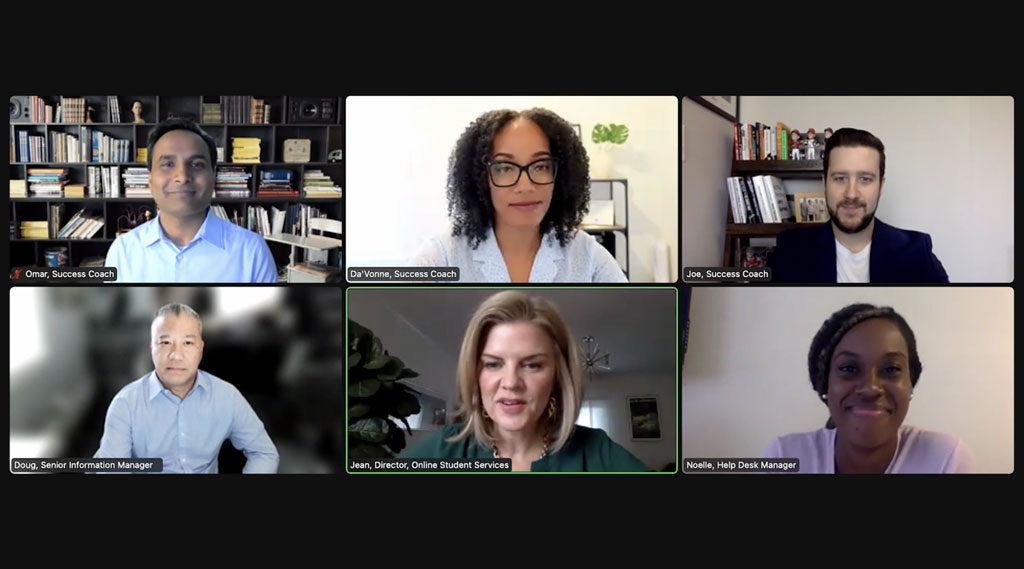Fostering a Culture of Belonging
A sense of belonging is one of the most pivotal predictors of student and employee retention and success.
Transforming a campus culture to meet the needs of its diverse community is no simple feat – it takes a village. Fostering a Culture of Belonging equips administrators, faculty, and staff with actionable practices they can immediately implement to contribute to whole-campus reform and ensure all students and colleagues feel seen, heard, and valued.
Leaders set the tone
Creating a truly inclusive and equitable environment starts at the top with college presidents and system leaders who can take demonstrable and effective action.
“Students don’t just interact with one group”
Faculty and staff can and must work together to advance equity and inclusion. In this video, an HBCU president shares why a cohesive DEI strategy must include all staff.
How do advisors support belonging?
Advisors and counselors play a critical role at major points in a college student’s journey. In this video, an admissions director shares how a greater understanding of imposter phenomenon has changed the way he approaches conversations with students.
How can HR ensure a seamless inclusive experience?
Fostering a culture of belonging is more than a student success strategy. In this video, a talent acquisition manager discusses the campus-wide value of promoting equity and inclusion.
How does public safety support DEI?
Inclusion is a campus-wide effort. A director of public safety shares how his team contributes to DEI efforts.
Featured Roles
Accessibility Services
Admissions
Advising
Faculty (in-person and online)
Financial Aid
Human Resources
Leadership
Marketing and Public Relations
Residence Life
Security
Success Coaching
Engaging Learning Design
Faculty and staff who take the course experience an asynchronous learning design that aligns with the best practices in effective instruction and is compelling to both new and seasoned instructors and a wide array of staff roles. With support from a skilled facilitator, course-takers will:
- Engage in authentic demonstrations of interactions with students and colleagues
- Learn from nationally recognized experts
- Collaborate with colleagues in facilitated discussions
- Implement new practices and observe student impact
- Write structured reflections, including plans to continually refine their practice

Managing the Impact of Biases
Course-takers reflect on and further examine how unconscious or implicit biases can affect their work both in and outside of the classroom.

Reducing Microaggressions
Course-takers learn about microaggressions and how to recognize, effectively respond to, and mitigate their impact.

Addressing Imposter Phenomenon and Stereotype Threat
Course-takers will learn to recognize indicators of imposter phenomenon and stereotype threat in themselves and others. Additionally, they will acquire specific practices designed to reduce the impact of both, including practices shown to foster a sense of belonging as well as promote a growth mindset.

Cultivating an Inclusive Environment
Course-takers learn practices for creating a more inclusive environment that fosters a sense of belonging for students, staff, and leaders. Module practices include the need to share diverse campus resources with students and colleagues to foster a sense of belonging, showing respect for diverse identities and ideas, creating conditions for productive dialogue, and ensuring that courses, programming, and the campus environment are accessible for all students, families, and the community.
Foster a Culture of Belonging
on Your Campus
Bring this course to your campus and build a culture
where everyone feels, seen, heard, and valued.
